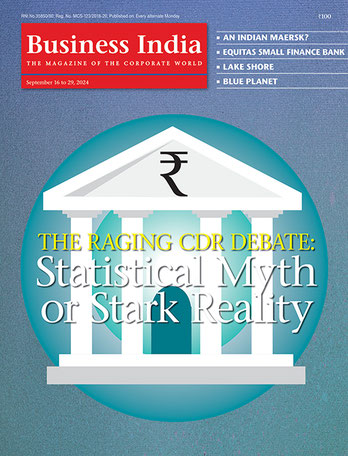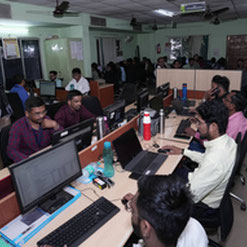Key players in India’s gig economy are keenly watching the progress of Karnataka’s new draft bill, which ensures rights and provides better protection to gig workers. The law is likely to lead to compliance issues for online aggregators, which may pass on the costs to the consumer. Karnataka is the second state to make such a move, the first being Rajasthan. In October last year, the Rajasthan Assembly passed the bill intended to establish a welfare board and a registry of all gig workers, aggregators, and primary employers in the state who work with gig workers. Being the first law of its kind, it naturally was breaking into unchartered territory. It was clear from day one that the outcomes enshrined in the bill would be determined by how well the board functions. Under the Rajasthan Act, a gig worker registered with the Act’s Welfare Board will have access to general and specific social security schemes, the opportunity to be heard for any grievances, and the opportunity to participate in all decisions made for their welfare through representation on the Board. The gig worker will be assigned an ID number that will be valid across all platforms for the duration of the work. A platform-based Gig Workers Welfare Cess will be collected on each transaction to fund social security schemes for gig workers. It cannot be less than 1 per cent of the transaction value and cannot be greater than 2 per cent. However, the kinds of social security schemes and benefits to be given to gig workers are to be determined by the board. The Karnataka Platform Based Gig Workers (social security & welfare) Bill, which was released by the state government for public feedback on how to protect the rights of gig workers, could be seen as a model law, given the scale of the gig economy operating in the state. Aggregators, under the draft law, must ensure contracts with gig workers, comply with state guidelines, provide written reasons and 14 days’ notice for terminations and changes, give gig workers access to requested information, comply with health and safety standards, disclose grievance mechanisms, appoint a contact person for queries, and make quarterly filings. They must also pay a quarterly welfare fee to compensate gig worker. Onus on aggregators This has led to some apprehensions. “The obligations that have to be undertaken by aggregators are likely to prove onerous in terms of compliance and costs, compared to the current regime,” says Ankita Ray, partner, Cyril Amarchand Mangaldas. The bill grants gig workers the ability to reject a certain number of work requests weekly without penalty. It also allows gig workers to request information on work allocation, ratings and personal data processing from aggregators. It essentially provides gig workers with more agency in their relationship with the aggregators, which was previously not accounted for, according to Ray.
-

The Karnataka bill provides gig workers with essential rights and protections


































